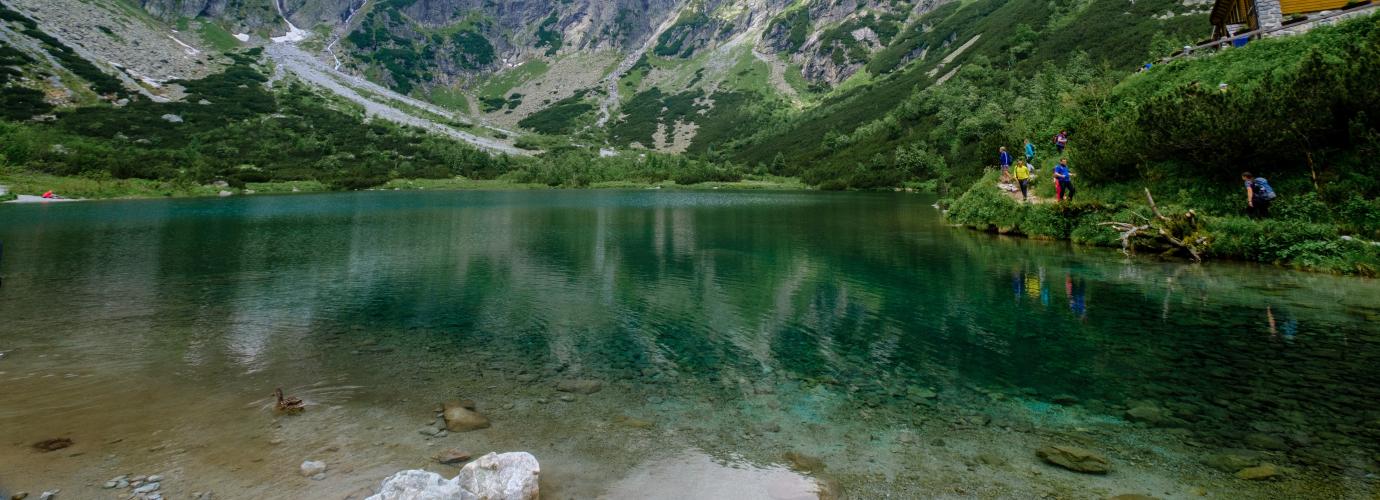Approbation
Competence to teach certain subject subjects at the respective level of education; subject specialisation.
Catchment school (spádová škola)
A catchment school (spádová škola) is a school in the school catchment area of a pupil’s permanent residence.
Commisional examination
A commissional examination (komisionálna skúška) is an examination that a pupil performs in front of the commission. This can happen for different reasons: pupil individual education, when a talented pupil wants to advance to the next year but higher level (for example not from 5 to 6, but 5 to 7 or similar), on parents or headteacher demand, in case of retake exam, etc.
Conservatory
Conservatory (konzervatórium) provides for complex artistic and artistic-educational education. It prepares pupils for professional artistic employment and for teaching artistic and vocational subjects in educational programmes of artistic orientation.
Curriculum
The curriculum (učebné osnovy) defines the objectives and content and outlines the basic methods, forms, and scope of the educational process.
Education plan
Education plan (učebný plán) completes subjects and the number of hours in grades at individual levels and kinds of schools.
Educational standards
Educational standard (vzdelávací štandard) represents a part of the teaching material of the given thematic unit in the teaching subject, which is supposed to be at each primary and secondary school for all pupils. The executive part contains requirements on pupil knowledge and skills – it is a part of teaching materials that every pupil should acquire.
Guarantor
A guarantor of a study programme is an academic who through their academic qualities and name commits to substantially guarantee the quality and due implementation of the respective study programme.
Gymnasium
A gymnasium (gymnázium) is an internally differentiated school providing general education that prepares young people mainly for study at higher education institutions; it can also prepare them for the performance of some activities in administration, culture, and other areas. The gymnasium has a minimum of four (ISCED 3) and a maximum of eight (ISCED 2-3) grades. The study is completed with the school leaving examination.
Individual education
Individual education (individuálne vzdelávanie) is when a pupil doesn´t attend school education on a regular daily basis. This can be realized after parents request it and the headteacher allows it.
Kindergarten
Kindergarten (materská škola) is a school providing pre-primary education (ISCED 0) for children from 3 to 6 years, and if the capacity of kindergarten permits, they accept children from 2 years. The childcare in kindergartens is combined with education. Kindergartens are a part of the school education network.
Lector
Higher education teacher who met the qualification requirement of obtaining a first or second higher education degree. Lectors' duties include teaching that does not require active participation in research and development, mainly practical exercises, student assessment, participation in other educational activities, and creation of study materials. Other lectors' duties are defined by the internal regulation of each higher education institution.
Mix-aged school
A mixed-age school (malotriedna škola) is a primary school in which it is possible to teach pupils of several grades together in one class. At the first stage depending on local conditions, the school can have from one to four classes. Schools can have both stages (fully organised) or only the first stage, it is not possible to merge several grades in the second stage.
Nurseriers
Nurseriers (detské jasle) are facilities providing childcare for children from 6 months to 3 years.
Parent school
Parent school (kmeňová škola) is a school where a pupil has been admitted.
Primary school
Primary school (základná škola) has nine grades. It is divided into two stages. The first stage consists of Grades 1-4 (ISCED 1); the second stage consists of Grades 5-9 (ISCED 2).
Secondary vocational school
Secondary vocational school (stredná odborná škola) prepares mainly for the performance of specialized activities, especially technical-economic, economic, pedagogical, health service, social-legal, administrative, artistic, and cultural; it provides complete specialized education with the school leaving examination and enables school leavers to directly get involved in the world of work or apply for study at higher education institutions.
School educational programme
The school educational programme (školský vzdelávací program) follows requirements of the Education Act, the State educational programme, and is based on the objectives and focus (profile) of the particular school. It is the basic curricular (target- and programme-based) document according to which education and training are carried out at school.
School for children and pupils with special education needs
School for children and pupils with special education needs (škola pre deti alebo žiakov so špeciálnymi výchovno-vzdelávacími potrebami) provides for education and training of health impaired children and pupils (e.g. with mental disorders, hearing and visual impairment, physical disabilities, and communication deficiencies, deaf-and-dumb, ill and weakened, ect.)
School-leaving examination (“maturita”)
Maturita is a school-leaving examination for upper secondary education (ISCED 3). Every student is given a Maturita Certificate after passing the exam.
State educational programme
State educational programme (štátny vzdelávací program) is a frame compulsory content of education aimed at the development of key competencies required for a certain level of education and a kind of education guaranteed by the State.
Study branch
Study branch (študijný odbor) it is a kind of vocational preparation that ends with the school leaving examination.
Study field
Study field (učebný odbor) is a specialization of vocational preparation that ends either with a final examination or certificate of apprenticeship.

